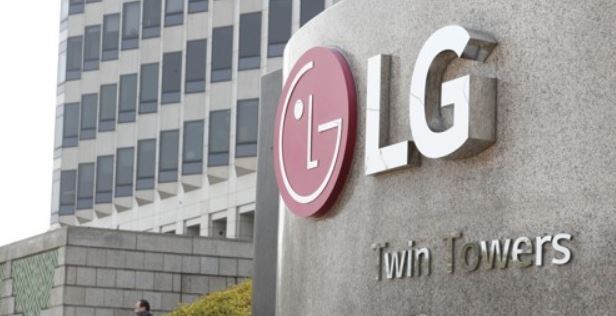If the semiconductor business perks up Samsung Electronics’ bottom line, it’s home appliance that does it for crosstown rival LG Electronics.
LG Electronics posted an overall slide in its second-quarter earnings, but still came out resilient, posting earnings bigger than US’ Whirlpool.
The company reported a 17.9 percent fall in revenue and 24.1 percent drop in operating profit, at 12.8 trillion won ($10.7 billion) and 495.4 billion won, respectively. However, in the consumer electronics sector, LG Electronics marked record sales this year, its highest second-quarter performance to date.
The tech firm said that despite the COVID-19 outbreak, its strategy to focus on premium home appliances, while improving the cost structure, led to a marked performance.
In the home appliance and air solutions division, it posted a revenue of 5.1 trillion won with operating profit of 628 billion won -- an unprecedented 12.2 percent on-year increase, and 13.1 percent rise for the first half. Speaking only of first half of 2020, LG Electronics surpassed Whirlpool which logged revenue of 10.2 trillion won and operating profit of 402.8 billion won.
LG said that despite the trying conditions of COVID-19 pandemic, it has managed to continue its four-year streak of over 1.5 trillion won operating profit for the first half of year.
There had been heightened attention from consumers for health and hygiene products, leading to an increased demand in electronic closets that removes outdoors contaminants, as well as steam dryer and steam dishwasher.
Kim I-kueon, vice president of H&A financial planning division, said that the company has logged 2.4 million accounts in its home appliance rental service in the first half, and plans to grow that to 2.7 million by the year-end.
LG Electronics reasserted that it will not shut down its handset business, despite persistent rumors that the prolonged loss incurred may push it to cut the ropes. Seo Dong-myung, the MC financial planning division leader, urged investors to look at the long-term prospects of the business. The company has been making attempts to improve the cost structure of its mobile business, that is influencing its performance, he said.
In the second quarter, the smartphone segment marked a 31.1 percent on-quarter increase in revenue, driven by increased sales in North America and Korea, the company said.
It hopes to further propel a turnaround in its smartphones business by strengthening cost competitiveness and launching its strategic smartphone LG Velvet in overseas markets.
In the home entertainment business, LG notched a revenue of 2.2 trillion won with operating profit of 112.8 billion won.
The revenue slid on-year global retail shops closed and global sports events have been postponed. The operating profit was offset by strategic reallocation of marketing costs and an improvement in production costs.
The mobile communications division made a revenue of 1.3 trillion won and an operating loss of 206.5 billion won.
The revenue rose 31.1 percent on-quarter as a result of more demand from North America and Korea, and the operating loss decreased compared to the first quarter and the preceding year’s second quarter.
In the vehicle component solutions division, it marked a revenue of 912.2 billion won and operating loss of 202.5 billion won.
Closure of finished automotive production sites in North America and Europe led to delays in new projects and continuation of operating deficit.
In the business solutions division, the company made 1.3 trillion won in revenue and 98.3 billion won in operating profit -- both a downward adjustment from the same period a year before.
The firm said that the spread of remote working and online education resulted in increased sales of computers and monitors, however, disruption of the global supply chain dampened its information display and solar energy modules.
The global economic uncertainty is expected to continue in the third quarter, but it will seek out new opportunities in the face of adversities.
It said it expects to recover it business performance to the previous year’s level, through a continued momentum for innovation as well as improved cost structure. It will also focus on sales of its premium TV lines including organic light-emitting diode TVs and nano-cell TVs.
By Lim Jeong-yeo (
kaylalim@heraldcorp.com)








